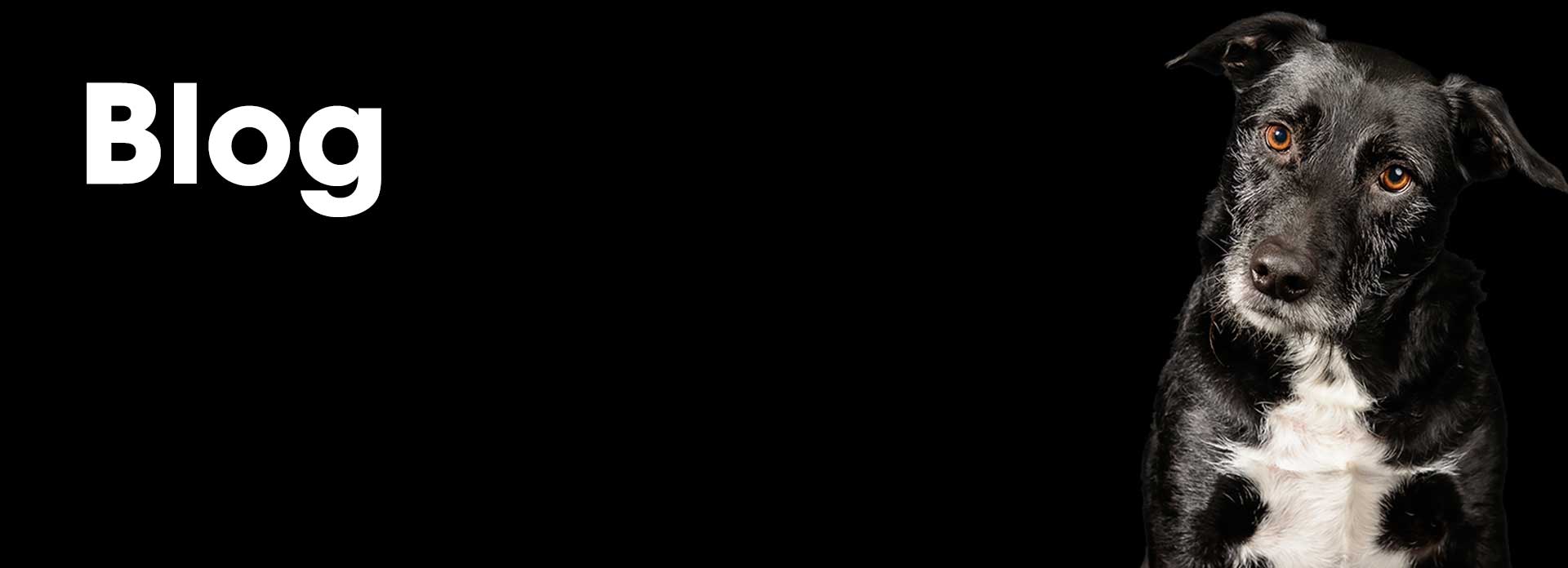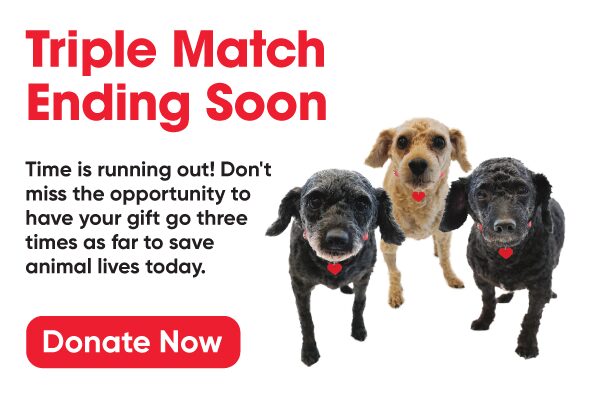NOTE: This post was originally featured on the Carpe-K9 blog and is copied here with the author’s permission.
I know you love your dog.
I probably don’t know you, but if you are reading this blog and you have dogs, you love your dog. I know this because I have been helping people and their pets for almost 3 decades, and it’s pretty near impossible to own a dog that you consider a family member and not love it.
Dogs are uniquely suited to be the species we connect to the most strongly. (Yes, people love their cats very much, too, but “dog love” has always been jokingly celebrated as being more symbiotic. Cats are, by and large, a more independent species and could survive on their own for a longer time period if humans all went extinct tomorrow. Dogs would not fare as well.) Our two species are well-adapted to be as close as we are, and I believe that this is, in a large part, because dogs need us, and we like being needed.
Your dog loves you, too. He’s probably not shy about showing it, either.
Here’s the thing. You love your dog and you want what’s best for him. You give him food, shelter, veterinary care, affection, exercise (to a point), treats, toys, more affection, freedom in your home, and so much more. How many times have you looked at your significant other and said, “You know what? If reincarnation exists, I want to come back as my dog”? Our dogs have good, if not great lives, and once they come into our homes, they want for little.
But you may unintentionally be missing out on an even better relationship with your dog, precisely because of the things you are giving him. More than food, shelter, veterinary care, affection, exercise, treats, toys, more affection, and freedom in your home, your dog needs something from you that you think you are giving him, but you probably are not.
That something is clear, consistent communication.
I know; you think you are being pretty clear. We also believe we are better drivers than others are, and better-than-average at relationships, sex, and other skills. This is a common phenomenon endemic to being human.
If your dog is excellently trained, and responds immediately to every command you give, regardless of distraction, and regardless of the fact that you are not holding food, then you don’t need to read any further. You’re doing a great job.
If he isn’t that reliable, what if it’s because he is simply confused?
“What looks like resistance is often a lack of clarity.” ~Chip Heath
A lack of clarity is the number one cause of most canine “misbehavior.” Dogs live in a figuratively black and white world. They understand yes vs. no, always vs. never, and pleasant vs. unpleasant. Concepts that are kept black and white, and not muddied by inconsistency, translate easily to the dog. Are you clear, every time? Do you follow through when you give the dog a command? Do you have expectations? Do you make sure the dog knows he did it right, as well as wrong? Do you focus more on the positive than the negative? Do you help him learn more quickly by preventing him from practicing the behaviors you want to stop? Do you consistently reward him for the behaviors you like?
Your dog is taking hundreds of cues from you every day–whether you mean to be giving them, or not. Do your best not to confuse him, and you will truly be giving him the greatest gift.
Are You Really Training What You Think You are Training? Check out this blog post for more in-depth info on communication mistakes, and how to improve your skills.

